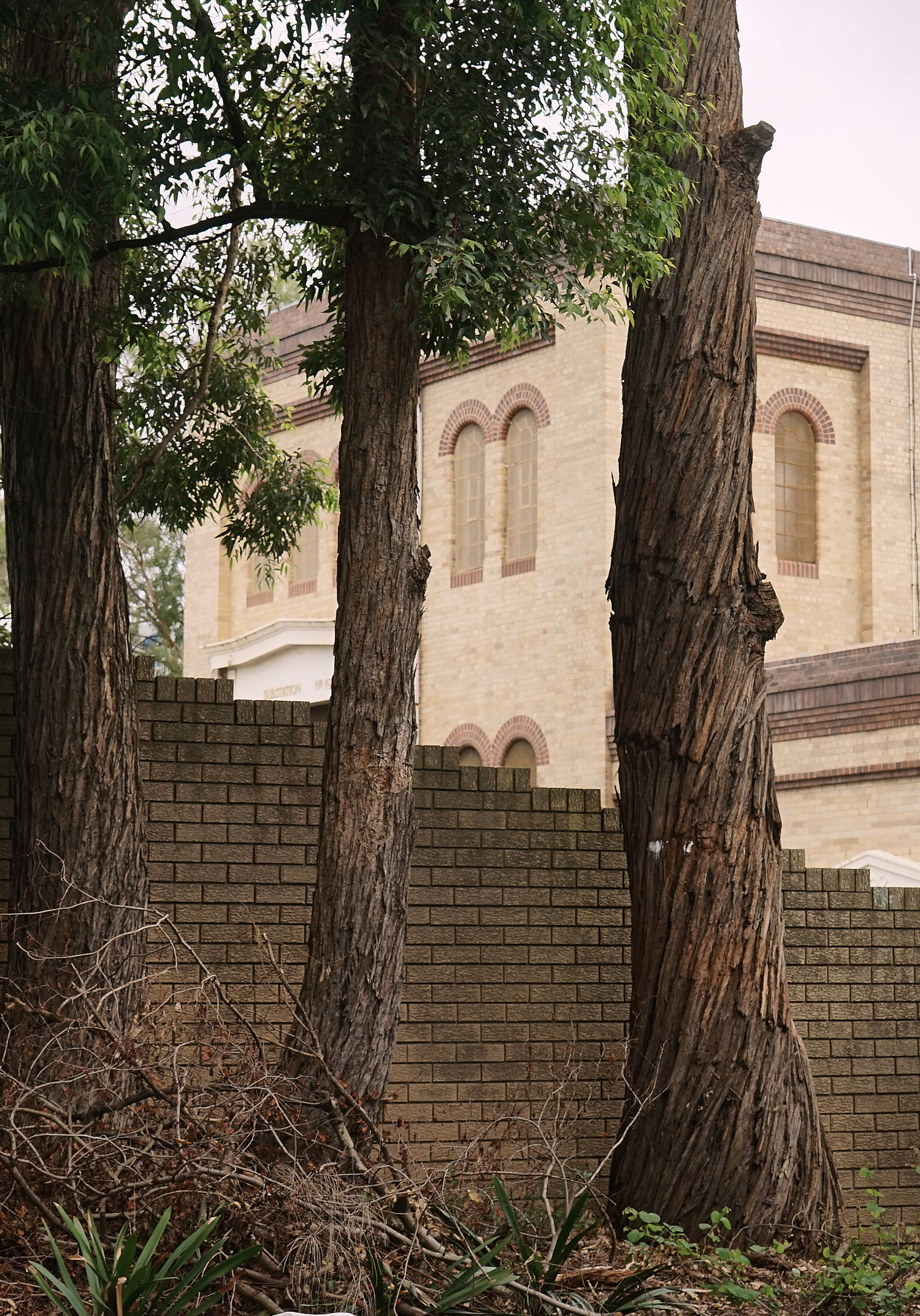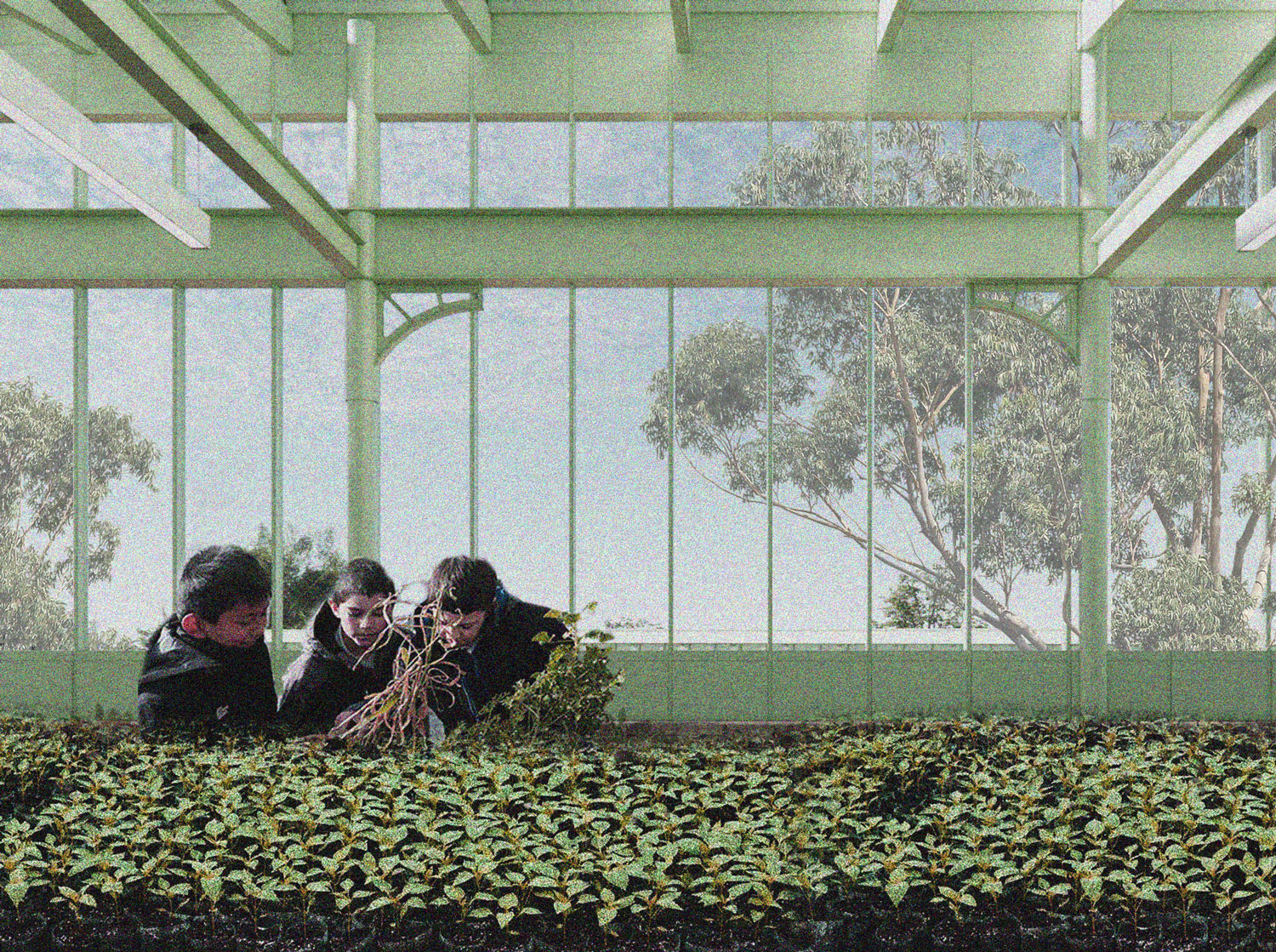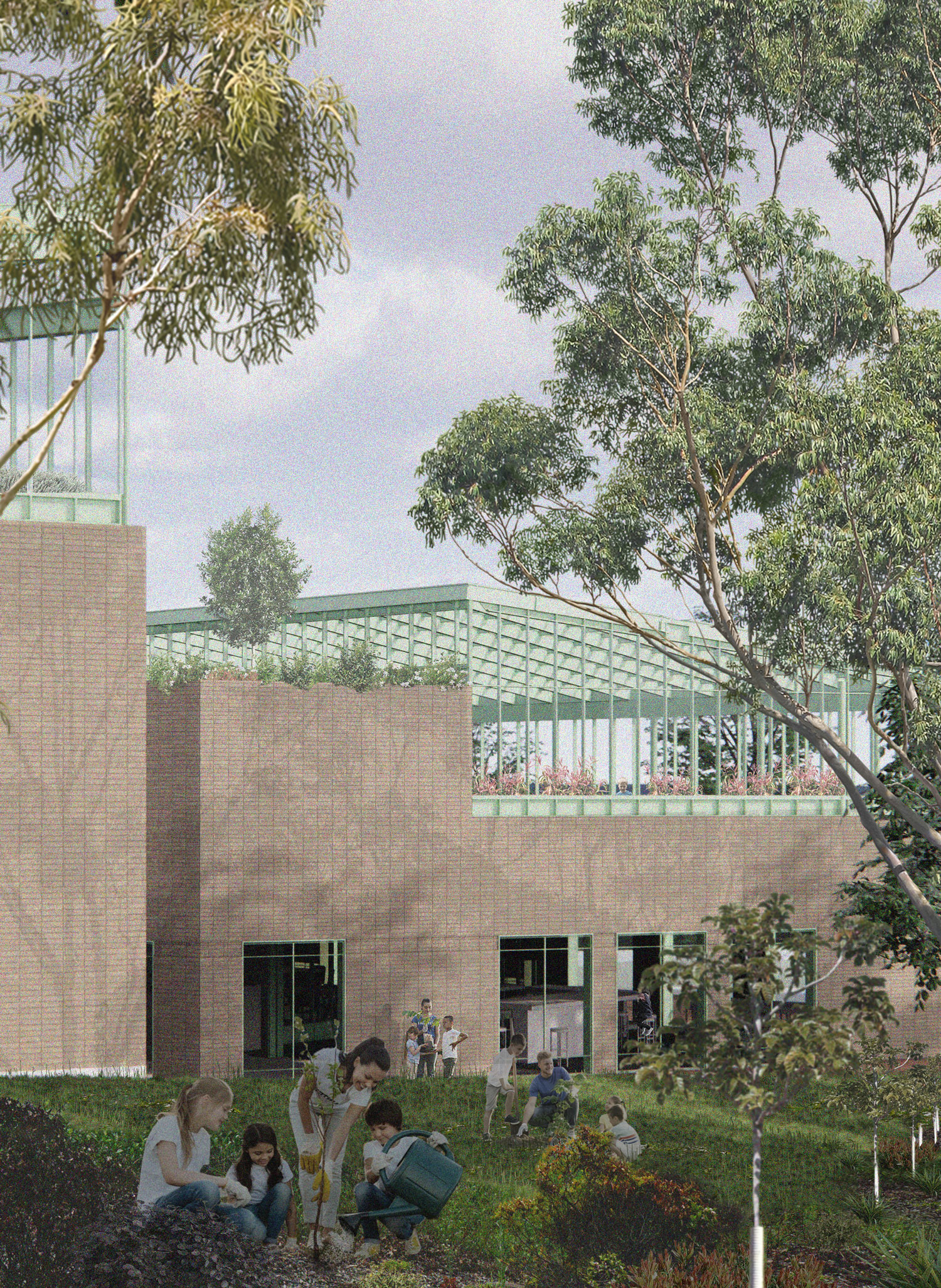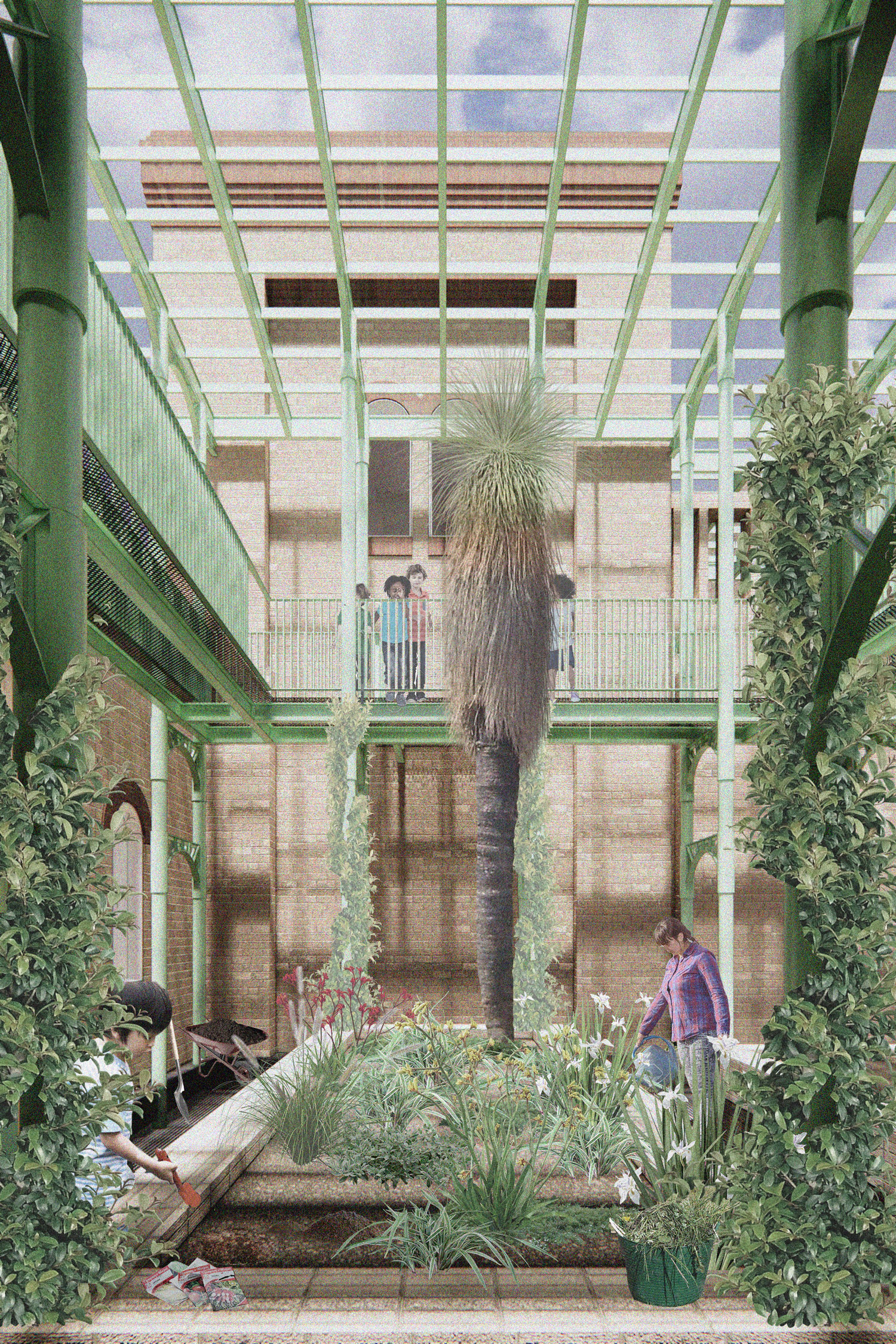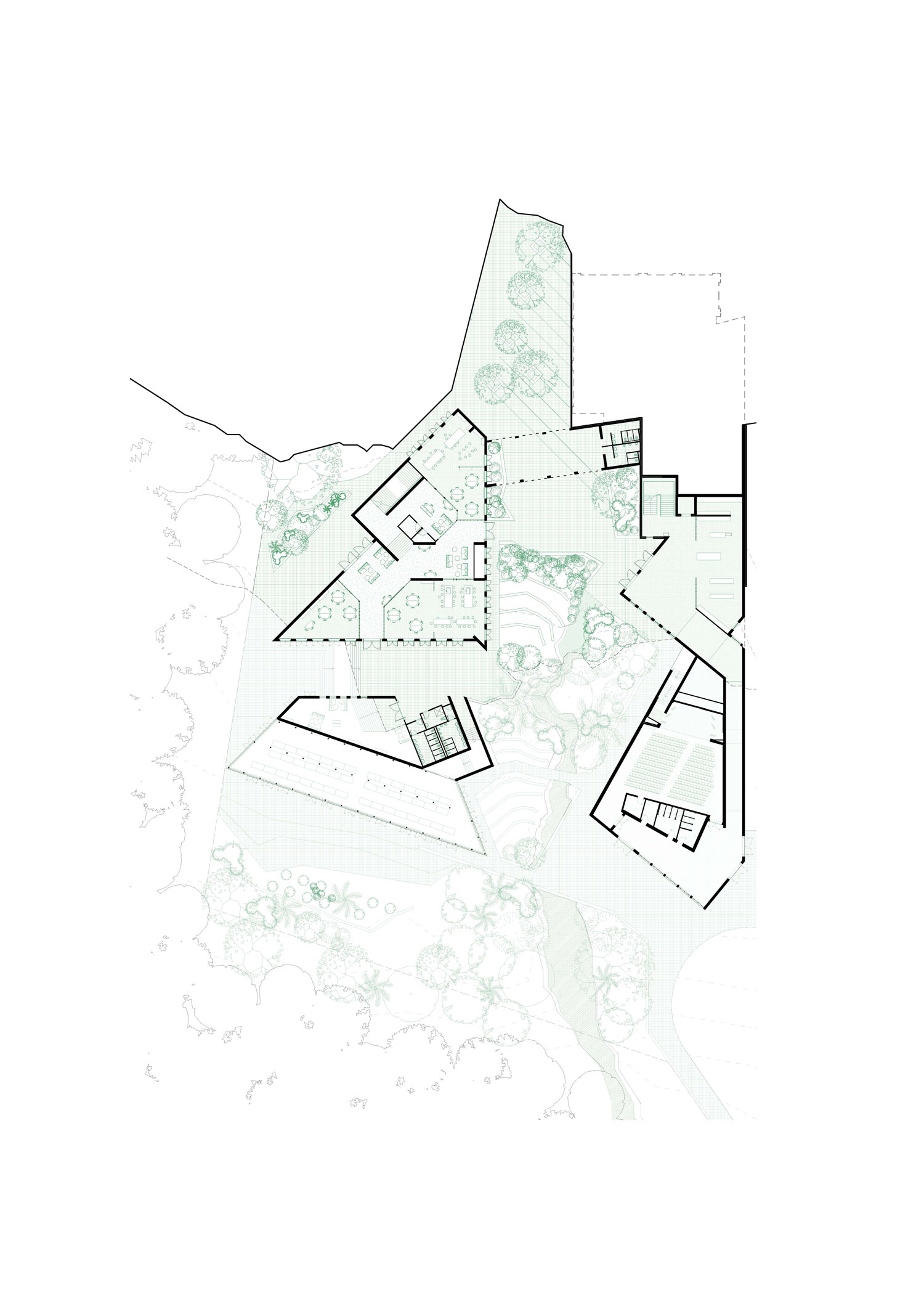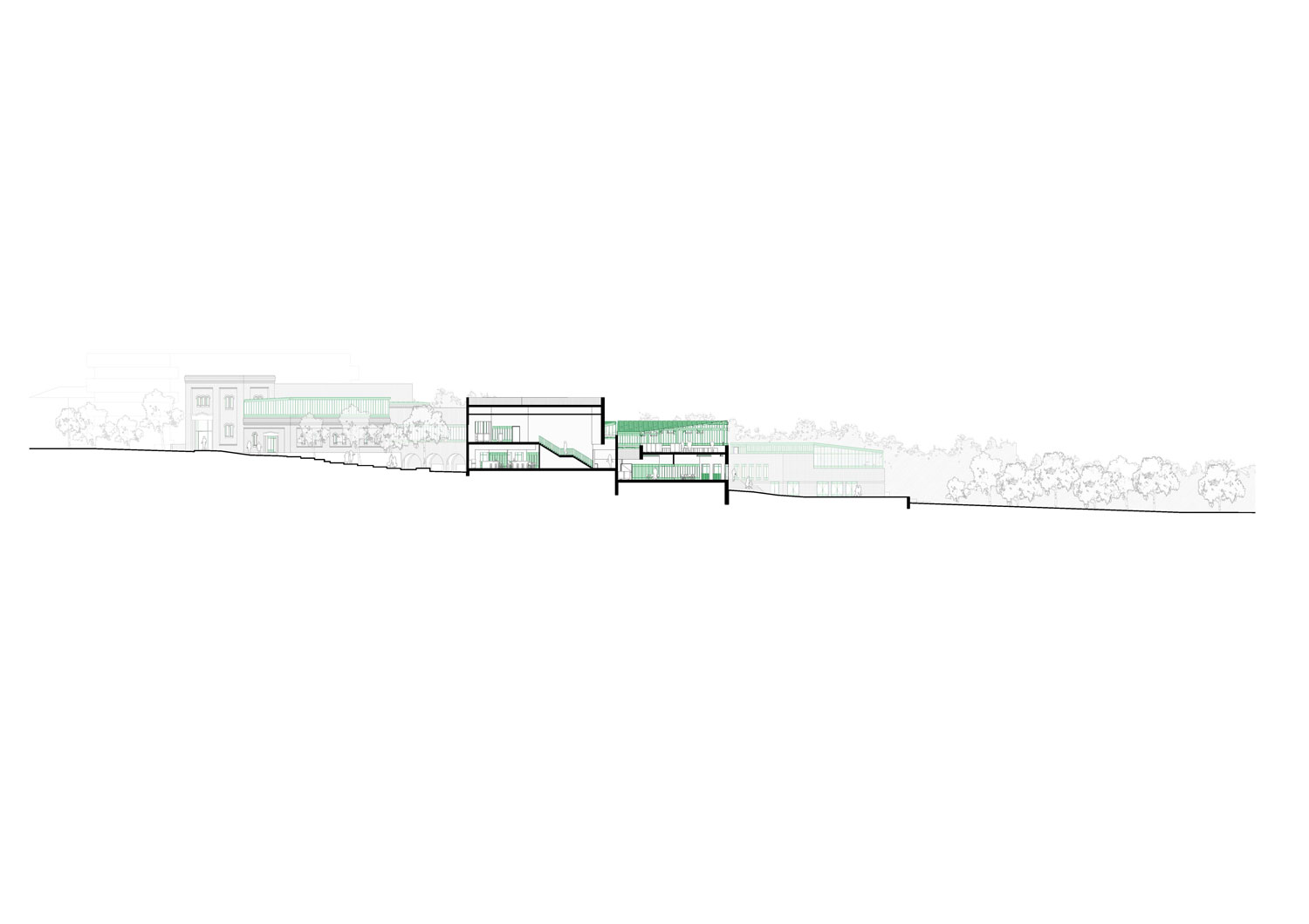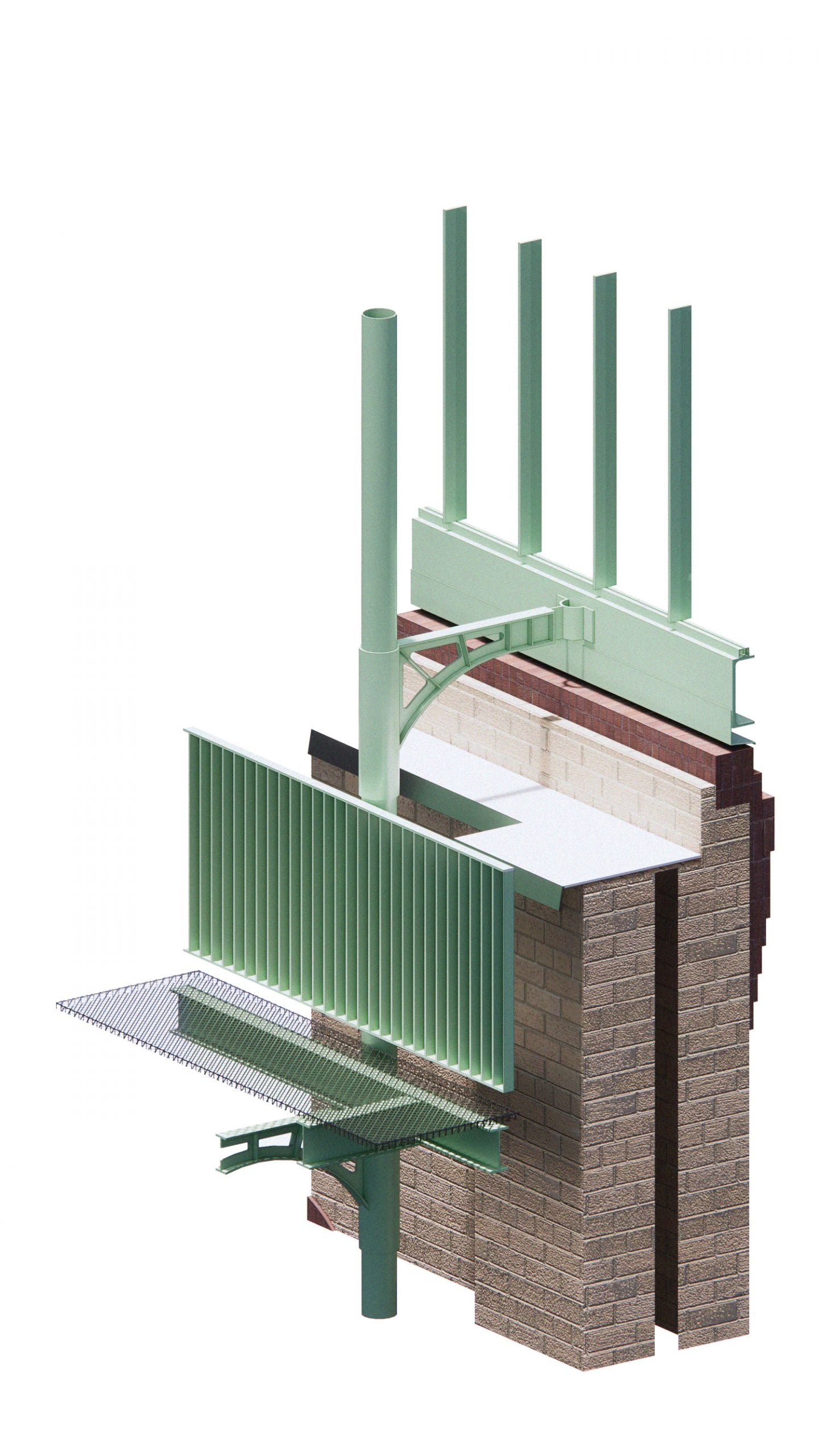2683-BCH-SYD.AU-2020
Client: University of Technology Sydney UTS
Status: Academic
Location: Sydney, Australia
Climate: Humid subtropical, Temperate
Materials: Brick, Metal
Environment: Urban
Visualizer: Studio
Scale: 230.000 ㎡ Extralarge
Types: Education, Research center
In the absence of a guiding vision to Sydney’s past and future, we turn to the suburbs in search of a distinctiveness to define the actual condition of a city that has grown haphazardly over time. Sydney is a suburban city – suburbs that are the spaces of typological invention. The prevalent Sydney myth of a coastal city no longer holds; the suburbs represent the actual socio-political and environmental challenge of the future.
Suburban voyeurs
Often coined the leafy north shore of Sydney, Pymble presents itself as a series of seductive glimpses into leafy domesticity. When one explores the suburb on foot, the notion of voyeurism is clear. It is an experience characterised by brief framed views into manicured gardens, wandering footpaths and raised patios.
As a result, the civicness of the suburb feels quite fragmented, the idea of the glimpse contributes to a sense of loneliness and isolation as one becomes lost amongst the trees. This does not necessarily have to reflect negatively however, in a way it also helps perpetuate a resoluteness in privacy as well as a certain peacefulness, and pride in ownership of space. Outwardly there is no obvious collective cohesion however it is a sharing of the more subtle pockets of civicness that begin to bring connectedness to the residents.
Pymble Forestry and Horticulture school adopts the stoic civicness that is embodied in the obsolete Pymble Substation building, and proposes a new public pedagogy growing from the moments of civicness in the suburb and local native flora. This new curriculum builds upon an evolution of activity-based learning, and the theory of the third teacher, the outdoor environment.
A communal greenhouse is inserted into the smaller volume of the substation building, providing a designated controlled environment for the both community and school to cultivate and observe seasonal native gardens in an environment free from invasive competitors. Dedicated nursery greenhouse classrooms are integral to the horticultural curriculum, equipping students with the tools and space to nurture and grow native species from seedlings for the purpose of transplantation.
Educators provide knowledge where necessary for more complex processes of experimentation and learning, such as in budding and grafting of species. This process instils responsibility and pride in caretaking. These seedlings, once grown, are transplanted into the soil, either in regeneration areas to restore vibrant native flora and fauna to the once predominantly asphalt site, or into dedicated outdoor class plots for further learning and experimentation.
The school also operates as a civic square and event space, with dedicated market days allowing for students to sell produce that is cultivated and processed within the curriculum, such as native jams, fruits, plants and honey. Pymble Forestry and Horticulture School acts to restore civicness within the voyeuristic thematics that define the suburb.
